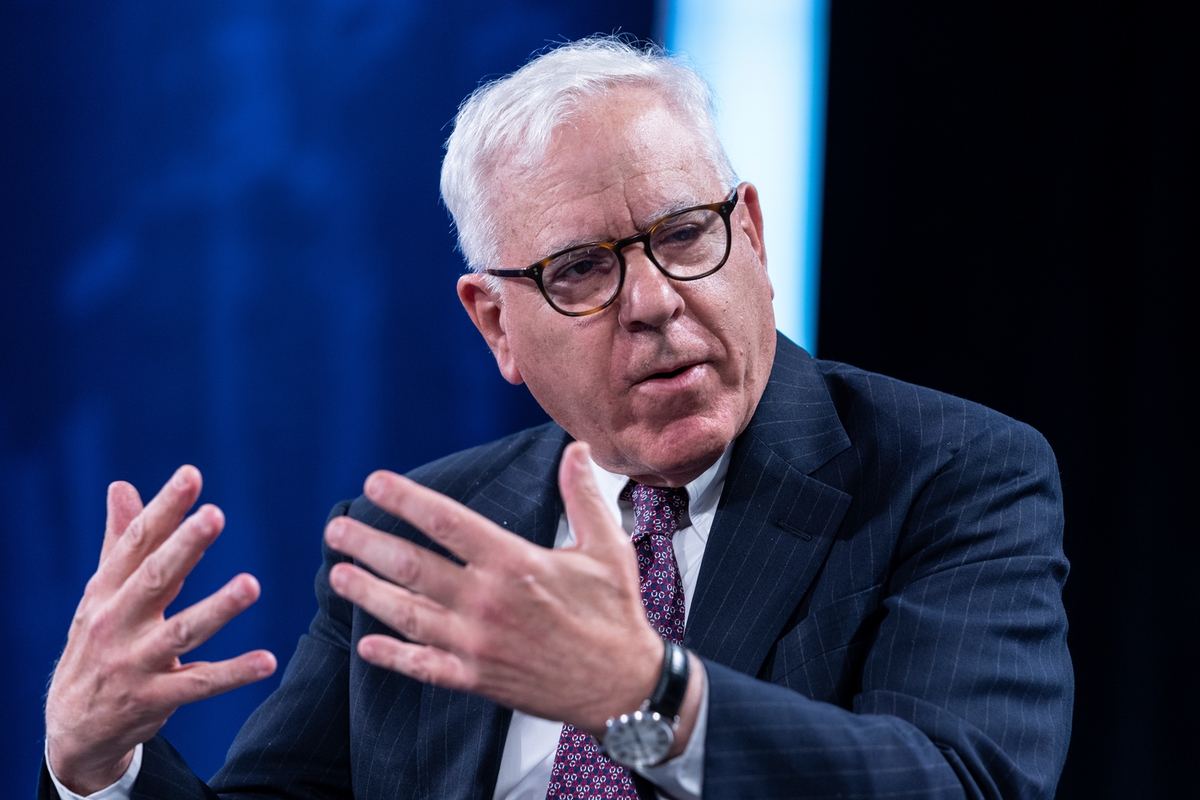

In the course of 2021, 328 acquisition projects classified as sensitive were examined by the Treasury. This represents an increase of 31.2% in one year. Experts at AURIS Finance, a consultancy specialising in mergers and acquisitions, provide their analysis.
For the first time, the French Treasury has published its activity report on the control of foreign investments. Although it does not mention the names of the transactions that have been blocked, so as not to undermine France’s attractiveness, the report nevertheless reveals the main statistical data.
What is IEF control?
IEF stands for Foreign Investment in France. While financial relations between France and other countries are unrestricted, certain sectors “relating to national defence or likely to jeopardise public order and activities essential to safeguarding the country’s interests” are subject to government control. Article L.151-3 of the Monetary and Financial Code makes foreign investment subject to a prior authorisation procedure. For 2021, 328 applications were submitted, an increase of 31.2% compared to the previous year. In the same year, 124 applications were approved under the IEF control procedure, of which 67 approvals were conditional. In 2020, 275 applications were submitted, an increase of 20% in one year. Since 2017, the number of investments controlled for sectors considered strategic has been on the rise.
Which sectors are affected?
While the defence sector has traditionally been the most subject to controls, other areas of the economy are now being considered. According to the 2021 report, “the sectoral breakdown of cases is characterised by a continued increase in non-defence sectors”. Defence, for example, accounted for only 13.7% of controlled acquisitions in 2021, compared with 31.5% in 2020. At the same time, the share of controlled ‘non-defence’ sectors is increasing. In 2021, 56.9% of acquisitions controlled by the Treasury were in non-defence sectors, such as transport infrastructure, networks and services. As a result of the pandemic, acquisitions of companies involved in food safety, public health protection or research and development of certain critical technologies increased in 2021.
Biotechnology comes under special scrutiny
In its report, the French Treasury points out that the number of applications for prior authorisation in the health sector has doubled between 2020 and 2021. This increased vigilance is focused in particular on the biotechnology sector, which alone accounts for 26% of the applications relating to the protection of public health. In 2022, new sectors could come under particular government scrutiny. With the outbreak of war in Ukraine, the defence and food safety industries should be under the microscope in 2022.
Get the support you need
Whatever the size of your business, if you operate in sectors considered strategic or at the source of critical technology, your sale to a foreign company could be subject to scrutiny by the Treasury. The specialists at AURIS Finance are able to assist you with strategic asset sales thanks to their sector expertise. They will be able to advise you on the key issues to consider when selling to foreign investors.


